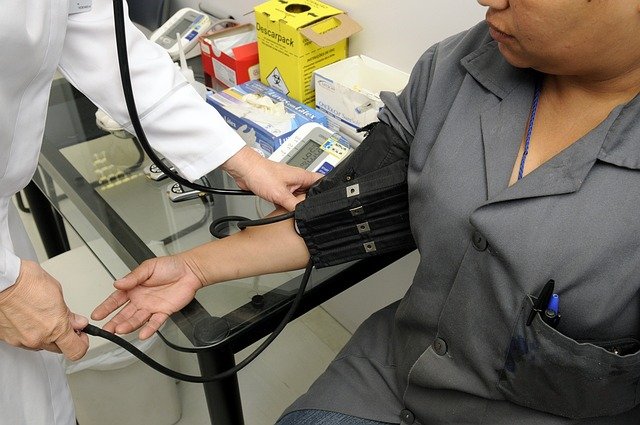Understanding Kidney Disease Treatment Options and Management
Kidney diseases encompass various conditions that affect kidney function, from acute infections to chronic disorders. Treatment approaches vary depending on the specific condition, its severity, and individual patient factors. This comprehensive guide explores available treatment options, crucial warning signs, and essential lifestyle modifications for managing kidney health effectively.

What Are Common Treatment Options for Kidney Diseases?
Treatment strategies for kidney diseases typically follow a graduated approach based on disease progression and type. Conservative management often begins with dietary modifications and lifestyle changes. For more advanced cases, dialysis may become necessary to filter waste from the blood. In severe cases, kidney transplantation might be recommended. Fluid management and blood pressure control are crucial components of most treatment plans.
When Should You Seek Medical Attention for Kidney Problems?
Several warning signs indicate the need for immediate medical evaluation:
-
Significant changes in urination patterns
-
Persistent swelling in feet, ankles, or hands
-
Extreme fatigue or weakness
-
Shortness of breath
-
Chest pain or pressure
-
Unexplained nausea or vomiting
-
Blood in urine
Early detection and treatment can significantly improve outcomes, making it essential to respond promptly to these symptoms.
What Lifestyle Changes Support Kidney Health?
Implementing specific lifestyle modifications can help manage kidney disease and slow its progression:
-
Maintaining proper hydration
-
Following a balanced, kidney-friendly diet
-
Regular physical activity as approved by healthcare providers
-
Managing blood pressure
-
Controlling blood sugar levels
-
Limiting salt intake
-
Avoiding smoking and excessive alcohol consumption
What Dietary Guidelines Should Kidney Patients Follow?
Diet plays a crucial role in kidney disease management:
Do’s:
-
Monitor fluid intake according to medical advice
-
Choose foods low in sodium and phosphorus
-
Include appropriate amounts of protein as recommended
-
Consume fresh fruits and vegetables cleared by healthcare providers
Don’ts:
-
Avoid excessive salt consumption
-
Limit processed foods
-
Restrict certain minerals based on individual needs
-
Avoid supplements without medical approval
What Are Available Treatment Support Systems?
Various support systems exist to help patients manage kidney disease:
-
Regular nephrology consultations
-
Dietary counseling with renal nutritionists
-
Mental health support services
-
Patient support groups
-
Home health care services
-
Dialysis center networks
-
Transplant evaluation programs
This article is for informational purposes only and should not be considered medical advice. Please consult a qualified healthcare professional for personalized guidance and treatment.




